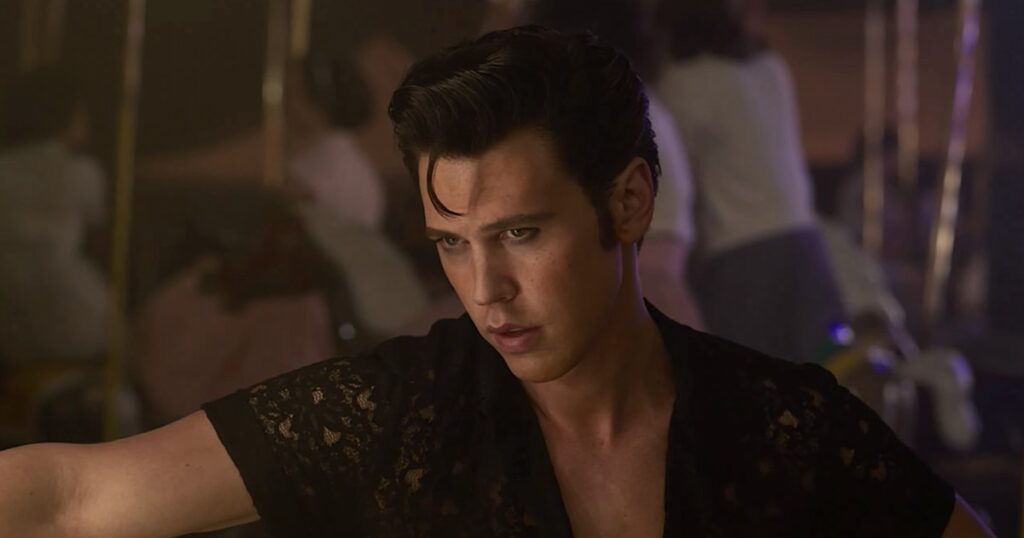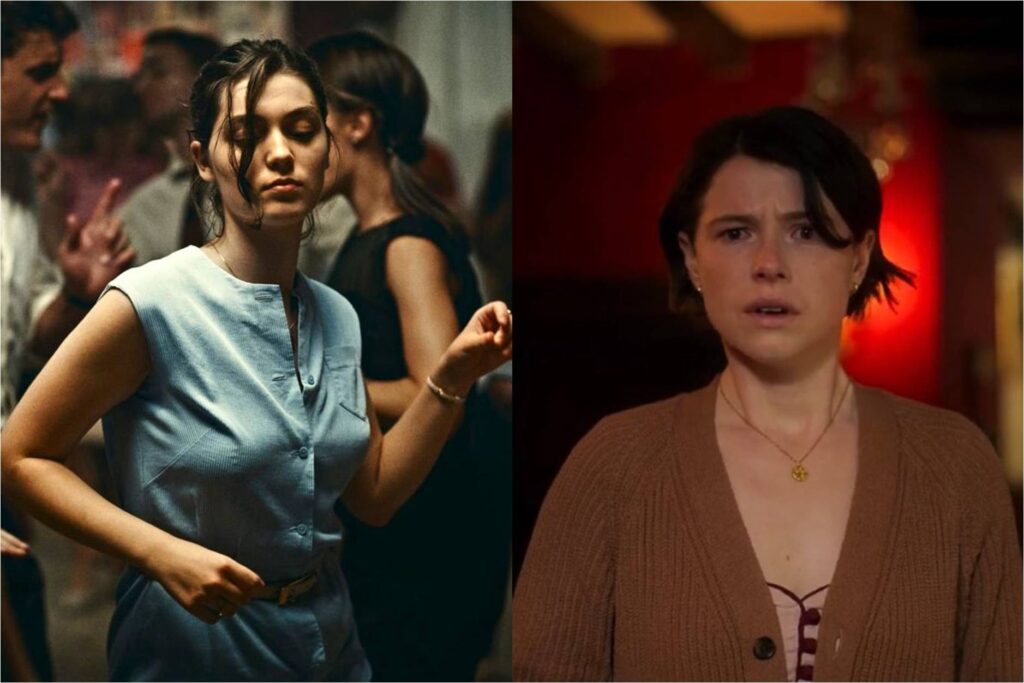Why Didn’t You Go to the Movies Last Weekend?

Immediately prior to my showing of Three Thousands Years of Longing, the director George Miller delivered a pretaped message, thanking viewers for spending the time and money to see his latest epic on the big screen. It was meant to infuse a commercial transaction—I was, after all, paying a corporation for its product—with a personal touch, and it worked, though not in the way Miller intended. Watching him natter amiably about the importance of cinema, I got the sense that he was speaking directly to me—not because his words were especially powerful, but because despite sitting in a gigantic auditorium, I was one of maybe 10 people in the theater.
This does not appear to have been a unique experience. According to Box Office Mojo, Three Thousand Years of Longing—Miller’s long-awaited (or apparently not) follow-up to Mad Max: Fury Road—earned a pitiful $2.9 million last weekend, despite playing in over 2,400 theaters and sporting a hefty $60 million budget. When it came to new releases doing meager business, it wasn’t alone. Breaking, a fact-based thriller about a bank robbery starring John Boyega, couldn’t even scrape up a million bucks in 900 theaters; it was outgrossed by the random re-release of Rogue One, a Star Wars spin-off playing on barely one-quarter as many screens. Even the weekend’s most nominally successful new arrival, the low-budget horror movie The Invitation, premiered in the top spot with a dubious asterisk attached: Ignoring the COVID-19 pandemic, its $6.8 million tally marked the lowest figure for a first-place debut in nearly 20 years. Read More




